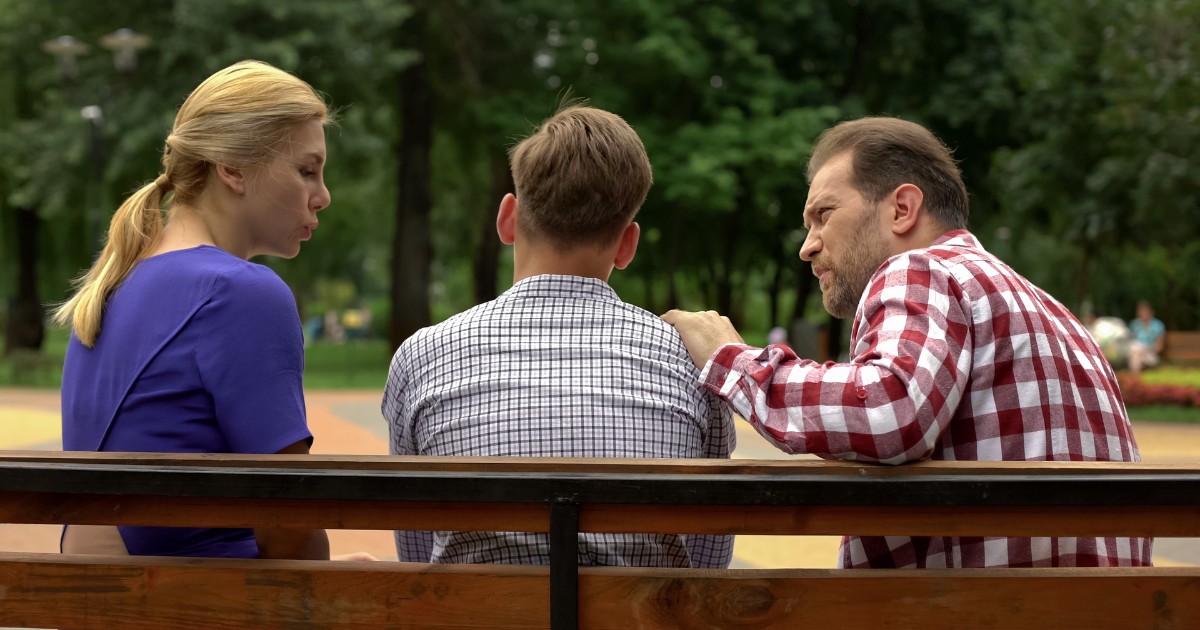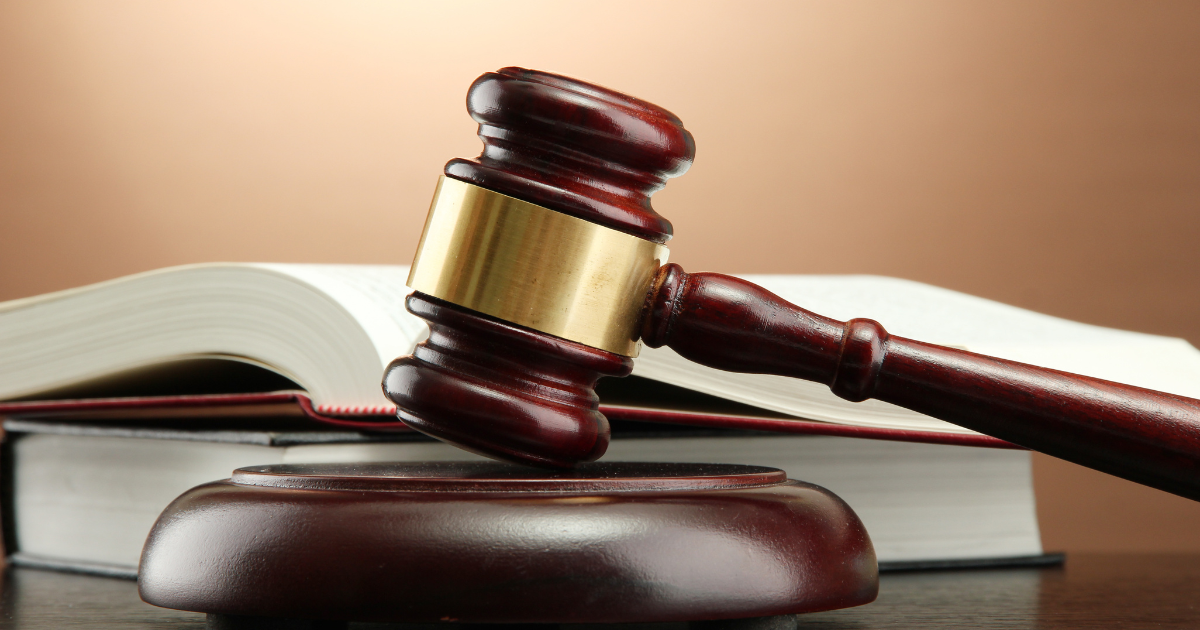If your son or daughter is in trouble, we want to help you … and the first way is by explaining the differences between adult and juvenile courts.
Children are different, and even if they violate the law, they should not be punished in the same way as adults are. That’s not just our opinion. The California court system thinks so, too. And that’s why there is a separate system to deal with juveniles.
The juvenile court system has different rules, different procedures, and different goals than the adult system.
Different Rules
While the adult court follows rules outlined in the Penal Code, the juvenile system is directed by the Welfare and Institution Code.
And the Welfare and Institution Code includes a Youth Bill of Rights that outlines juvenile rights for care, protection, and rehabilitation within the juvenile justice system.
But even before they enter the system, your child has rights that vary from those of an adult. We understand that you need to know what your child’s rights are. Click here to learn more.
Because of these different rules and rights, it’s critical that you consult with a juvenile defense attorney. One who has the specialized knowledge, training, and experience necessary to properly advocate for your son or daughter.
Different Procedures
One of the biggest differences in procedures is that juveniles don’t face a jury trial. And they aren’t found guilty or not guilty.
Juvenile court consists of adjudication. This is a process that includes presenting evidence, cross-examining witnesses, etc. similar to what happens at an adult trial. But adjudication is heard just by a judge. The judge then rules that the allegations against the child are either true or not true.
Detention procedures also are different for children. Most notably the fact that children do not have a right to bail. They may, however, be released to their parents.
When you hire a skilled and experienced juvenile defense attorney, they can help prepare and present proper arguments to help get your child released to you.
Different Goals
The goal of the adult criminal justice system is punishment of crimes. In fact, “penal” means punishable by law.
But the goal of the juvenile court, on the other hand, is rehabilitation. The goal is to help children who find themselves in trouble get back on track to becoming law-abiding citizens.
As such, the juvenile court system considers the child’s family, their school records, and their prior history with the court to determine the best course of action.
Qualified Juvenile Defense Attorneys are Different, Too
Attorneys who advocate on behalf of children in the juvenile court have to understand the differences between adult and juvenile courts. If they don’t, they can’t be effective in helping your son or daughter.
There are no laws requiring private practice attorneys to have any specialized training before representing juveniles. But there are rules for court-appointed public defenders to do so.
At Proper Defense, although we are not public defenders and therefore are not legally bound to those rules, we hold ourselves to standards that surpass those minimum requirements. That’s how committed Sally Vecchiarelli is to juvenile defense. And she wants you to feel completely comfortable in her ability to properly advocate for your son or daughter.
If you need to hire a juvenile defense attorney to represent your child and protect their future, contact us today for a free consultation.








